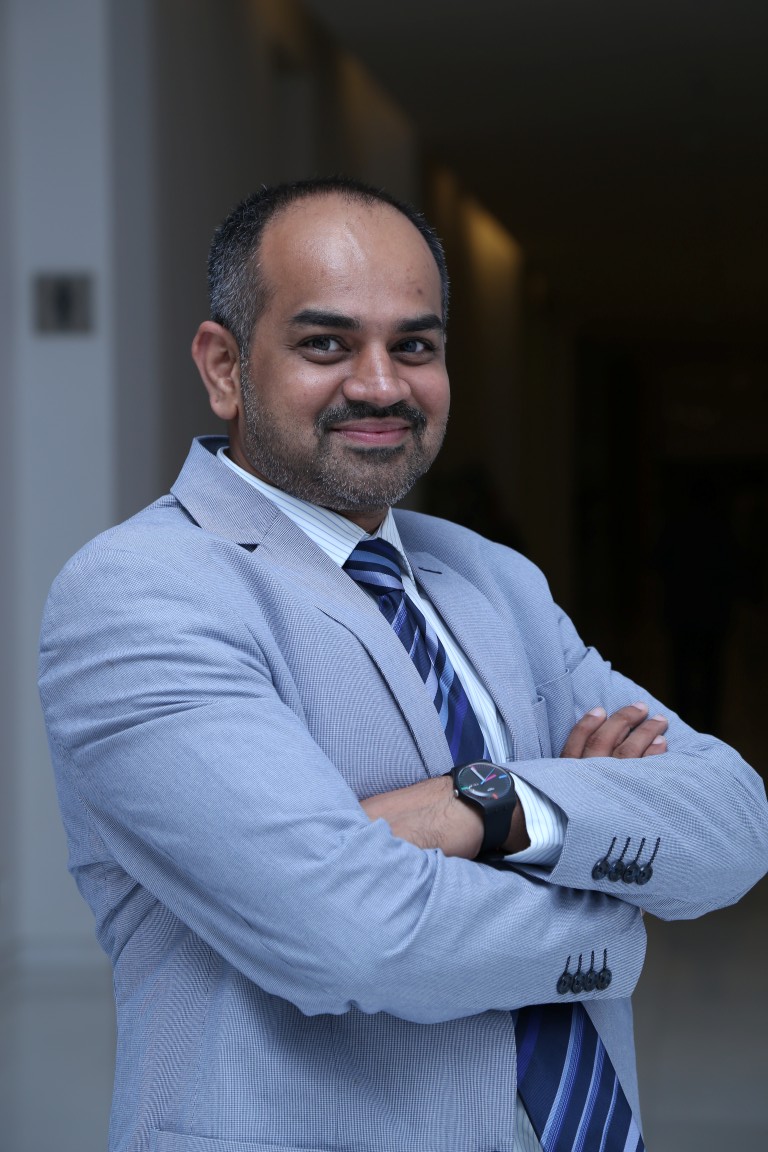Earlier this month, ICCO – the International Communications Consulting Organisation at its annual global summit in Helsinki brought out the Helsinki declaration which can be read here.
A few days later Richard Edelman called for the creation of the PR Compact.
According to him it comprises four simple but powerful principles that everyone in the profession must uphold:
- Insist on accuracy: Check the facts. Don’t just accept what a client tells you as the truth. Get third-party validation and cite sources. Correct errors quickly.
- Demand transparency: Press clients to disclose their financial interests in advocacy programs and to reveal their role in coalitions. Advocate for laws that require more transparency in communications. Report on non-financial metrics in supply chains and hiring practices.
- Engage in the free and open exchange of ideas: Create platforms that encourage and empower informed public discourse. Tell both sides of the story, and allow for dissenting views. This benefits business, shareholders, and society.
- Require everyone to take universal online ethics training: Everyone must learn the same best practices—what is right and what is not. Tie advancement and promotion to successful completion of the course. This training should be free and accessible to all.
While this is timely, what baffles me is the emergence of multiple power centres and multiple platforms. While ICCO positions itself to be the largest grouping of professionals by virtue of being a federation of national associations which in turn are made up of locally based consulting firms and organisations, Mr Edelman is calling on two American centric associations which I greatly admire to take the lead in bringing forward the Compact. One that is made up of corporate communication executives and the other is made up of consulting firms of which Mr Edelman’s second in command is the Chairman.
My concern is that Public Relations is a career path that is being chosen by professionals across the world. Should not a more inclusive, global and diverse approach be taken to deal with the menace of ethics rather than call upon two New York headquartered organisations to drive the change. While I understand the focus is on the United States as the speech was addressed to the National Press association, I feel the global head of the world’s largest firm needs to call out the 3-4 global associations to form a coalition.
Here in India where there is a lot of talk about unethical practices being followed by certain professionals, there is no sign of an organisation that brings corporate communications leaders together in a formal manner.
The need for an ethics watchdog is much needed in emerging economies, given that five years ago India saw the closure of a company that managed public relations for the Tatas because the firm did not follow ethical standards in its dealings.
It is time for –
- India to have its own watchdog organisation that also includes professionals from in-house communications
- Global leaders to look at the profession more universally rather than from a country-centric lens and
- A truly global organisation to emerge that encompasses consultancy professionals, in-house executives and academicians






Be the first to comment on "The Helsinki Declaration and the PR Compact"